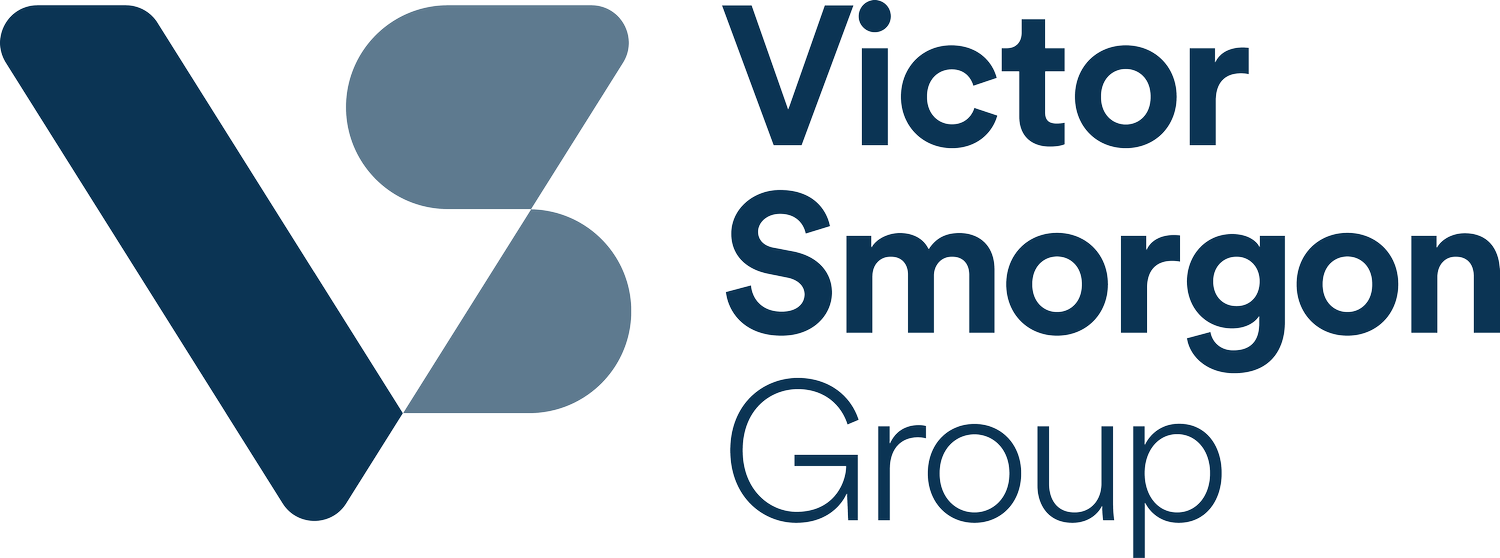Non-bank lenders and the generational business transfer in Australia
We are currently witnessing an exciting opportunity for non-bank lenders to help drive the Australian economy and the transfer of wealth between generations over the next decade, as an estimated 1.4 million Australian business owners, employing more than 7 million people, look to retire. If we assume that just 10 per cent of these firms are financeable and 10 per cent of those can be financed by non-bank lenders with a $5m loan size for a typical buyout, the size of the potential funding market runs into the billions.
Many baby boomers are approaching retirement age and often don’t have an obvious succession plan, yet they want the fabric and legacy of their businesses - which are increasingly self-made rather than inherited - to remain intact. At the same time there is a large and growing number of young entrepreneurs who are seeking to acquire high-quality businesses and digitise operations, while respecting the owner’s financial and emotional expectations to crystallise wealth yet maintain his/her legacy.
Some of these entrepreneurs work in smaller private equity firms who don’t have the banking relationships of their bigger peers and are looking to secure both debt and equity capital.
Corporate advisors are actively working to bring together these willing sellers and keen buyers, allowing Arrowpoint, a leading non-bank lender, to offer robust funding packages to assist aspiring entrepreneurs to acquire exciting, wealth-creating businesses. Non-bank lending demand continues to grow as the funding gap between what the banks are able to provide and the requirement from potential borrowers expands. And borrowers are looking to private debt for speed in decisions and flexibility in debt structuring for a tailored solution.
Arrowpoint is proud to support Australian and New Zealand businesses achieve their goals and, since inception, has committed over $100m of debt capital across over a dozen deals and a broad range of sectors. And, at the same time, Arrowpoint has provided investors an opportunity to diversify their portfolios into a high yielding, burgeoning and defensive asset class that is difficult to access individually.
As an example, a recent senior debt investment executed by Arrowpoint was for the acquisition of a leading vehicle hazard inspection business, Sharps, by an entrepreneurial husband and wife couple, the Wynnes, who have had prior success in transportation businesses. Many recovered stolen vehicles contain hazards (such as needles, syringes, broken glass, or drugs including meth residue) that place employees, contractors, customers and others at risk and this business manages the public health risk and liability exposure for insurance companies and those who must manage contaminated stolen property. Arrowpoint provided over 50% of the debt financing for the acquisition and now looks forward to the business growing in its ability and scale to protect people and communities across Australia.
We also continue to be creative with the way we are structuring our debt investments. Our total debt solution, or what we call “holistic” finance, takes a broader view of a client business, including all stakeholders and sector tailwinds, to provide a well-structured and complete debt package. For example, for any high growth company, rapid debt capital repayments are not ideal as the bulk of cash flows are used to repay debt, rather than for reinvestment into further growth and accelerated value creation.
Arrowpoint may offer these potential clients the opportunity of a milder, more robust repayment profile, and possibly even more total debt. The cash windfall serves as a liquidity buffer during uncertain economic times and a massive stimulant for growth.
Other examples of innovative strategies we may use include:
offering interest-only for a period to allow time for integration and cash accumulation, rather than immediate capital repayments.
allowing dividends to be paid based on an agreed formula in the lending agreement, which is especially helpful for private equity clients, in contrast to bank lenders who typically do not allow dividends to be paid ahead of senior debt facilities.
Each deal is different, unique and an opportunity for lenders to provide an innovative, fair debt package that strikes the right balance for the borrower.
Arrowpoint Capital provides flexible and purpose-driven debt and hybrid debt solutions to mid-market companies in Australia and New Zealand. Our funds provide attractive, regular cash income to investors. To learn more, visit www.arrowpointcapital.com.au

